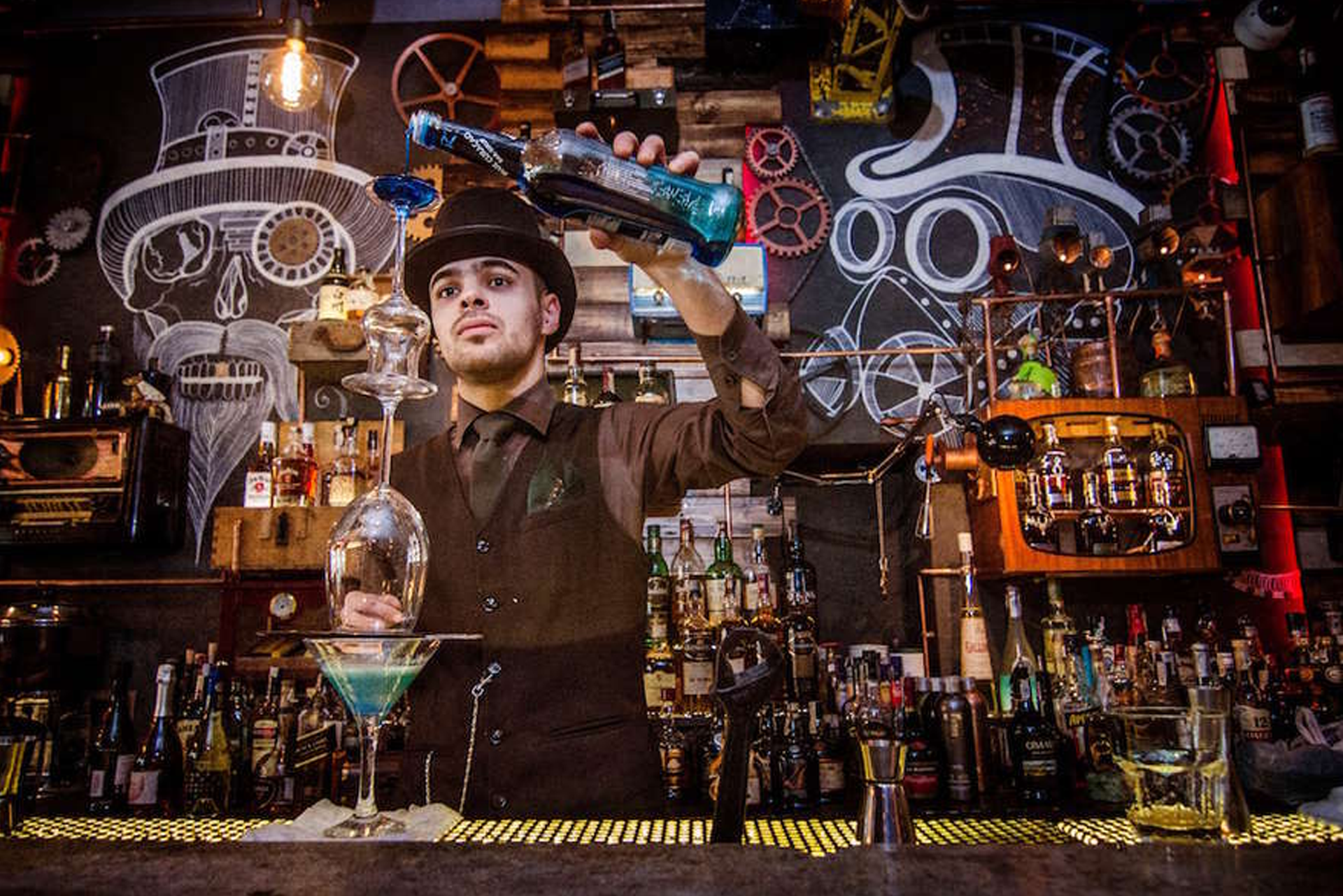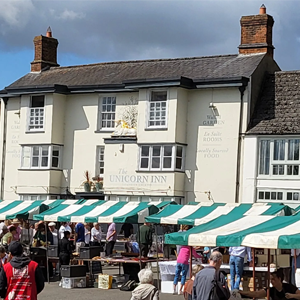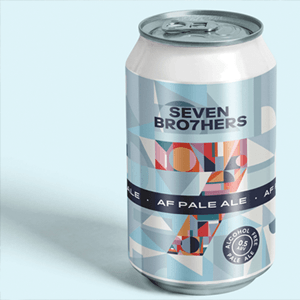Challenging your pub's business rates
The pub trade has taken more than its fair share of hits recently. Spiralling supplier costs and increases to wages and NI contributions are driving expenditure up, while a reduction in footfall is squeezing margins. It’s perhaps no surprise that 300 pubs closed in the first quarter of 2025.
And the reduction in business rate relief from 75% to 40% means pubs need to find another few thousand pounds. It’s not what anyone wanted to hear, and publicans are wondering where else they can cut costs.
But there may be an option you haven’t yet explored. With business rates back in the news, we were reminded of the time back in 2017 when we successfully challenged the business rates for our own pub, The Thirsty Bear.
We thought it’d be a great time to share our experience of that process, in the hope that any pubs that are struggling to find savings might take inspiration. Please bear in mind that this is not financial advice and we’re not experts in business rates – we’re simply telling you what we did with our pub, and we advise you to seek further information from official sources. Also be aware that the information here relates specifically to pubs and may not be relevant to other types of establishment, which have their rates calculated differently.
How are pub business rates calculated?
The rateable value for your pub is calculated based on the Valuation Office’s assessment of its Fair Maintainable Trade (FMT).
FMT is the trade that a reasonably efficient operator could achieve, and involves factors such as the pub’s location, design and character, and usage. Actual trading figures also play a significant role. However, this is where FMT can be miscalculated and become grounds for challenging your rates.
Why challenge your pub's business rates?
Of course, everyone wants rates to be as low as possible, but that alone isn’t enough. You’re likely to need more than that to successfully challenge your rates. One major reason why you may challenge your rates is because you are performing better than a reasonably efficient operator, and therefore exceeding FMT.
This can happen because the Valuation Office doesn’t have the time or resources to do a detailed assessment of every venue in the country. They simply assume that your actual trading figures are your FMT. So this means that if you’re performing better than FMT at the time of this valuation (overtrading), then you can be penalised for your success and charged higher business rates.
Frustratingly, even if you have successfully challenged your business rates previously, the information previously provided can be ignored in the new assessment, and you’re defaulted back to a rateable value that assumes your actual trading figures are FMT for your venue.
Why might you not want to challenge your pub's business rates?
If you believe your business is performing on a par with FMT (or perhaps even worse than FMT) you may not want to challenge your rates. Not only could it end up being a waste of time and effort, but if you have already been given a fair or even a low rateable value, there’s a chance that challenging it could lead to an increase.
How to challenge your pub's business rates?
Challenging your rates can be a long-winded process. You first need to send a “check case” to the Valuation Office to confirm your property details are correct (or inform them of any change).
Changes at this stage are material changes affecting the property either internally (e.g. it’s been split into two different properties) or externally (something has changed in the area that has a major detrimental impact, such as extensive roadworks that lasted a long time).
If you’re making a challenge on the basis of your business exceeding FMT, the check is just a necessary step you need to take before you can make a challenge.
The challenge
Once you have a response to your check, you have a certain amount of time to make a challenge. You should be able to initiate this from the website, but if this doesn’t work (as in our case), you can request a form from the Valuation Office.
The form asks for various details, but the key questions are what your proposed rateable value is, and why you think it should be altered. You can also provide supporting evidence.

Why you think your rateable value should be altered
It makes sense to focus on why you think your rateable value should be altered before deciding what your proposed rateable value is. If you are arguing that your business is performing better than FMT then you will need to list your reasons for this.
These will be unique to your business, but could include anything that makes you stand out from and perform better than a ‘reasonably efficient operator’. So this could be a unique concept, regular events, excellent reviews, awards, a well-known or well-connected landlord/lady, a particularly loyal following, or even an expert marketing team.
Also, if you incur any additional costs due in order to run your business as well as you do, (e.g. an above average marketing spend, or expensive tech) it’s worth including these.
If you have information on the trading figures and/or rateable value of the business before you took over this can be a useful tool to evidence your position (assuming you’ve improved trade).
Finally, it’s worth checking the rateable values of similar businesses nearby. If these are lower than yours, they can be useful in supporting your argument that your business is performing better than FMT.
Proposed rateable value
Once you have established all the reasons that your business is performing better than FMT, you will need to decide what your proposed valuation is.
If you haven’t received it already, you can and should request the detailed valuation on which the proposed rateable valuation is based on. The calculation is simply trading figures multiplied by a percentage, so you could adjust the trading figures downwards to strip out the revenue you believe you achieve through your reasons given above.
If you’ve recently taken over the business you could use its previous rateable value and/or previous trading figures to propose what you think your rateable value should be (arguing that any increase since then is as a result of your particular business advantages).
If you have successfully challenged your rates before you may propose a value similar to what you achieved then.
When using any historical figures, remember to consider any changes that would have impacted FMT between then and now – most businesses could reasonably argue FMT is lower now than on the previous valuation before Covid, for example.
Don’t get to hung up coming up with a propose rateable value. The Valuation Office will come up with their own valuation based on the reasons you have provided (if they agree with them) and it’s unlikely to match or even be influenced by yours.
What happens next?
Hold tight. It’s likely to be at least a couple of months before you hear anything. You may receive some follow up questions on your challenge. We received a final response to our challenge after around five months.
If you’re not happy with the response, you can appeal. This involves an independent tribunal reviewing the case, and there are small fees involved, but thankfully we didn’t have to go through this, so we can’t share any info with you about it.
Seeking professional advice
If you have a clear idea of what makes your business perform better than FMT, you want to avoid additional costs, and are happy to spend a little time on it, it’s possible to successfully challenge your business rates yourself. That is what we did in 2017 for our own pub.
If, on the other hand, you’re unsure about any aspect of your challenge, you can always seek
further help and advice.
We’ve simply shared our own experience and what worked for us, for informational purposes only. We’re not qualified to provide financial or legal advice and are not experts on business rates.
However, we are experts in the hospitality industry – especially the technology that keeps your venue running smoothly, your customers smiling and your margins healthy.
While our
EPOS and management suite for pubs can’t do anything about your business rates, it makes managing all your other costs easier, faster and smarter.
And unlike the Valuation Office, we don’t keep you waiting.
Get in touch with our hospitality experts and find out how Tabology can make the difference for your pub.





